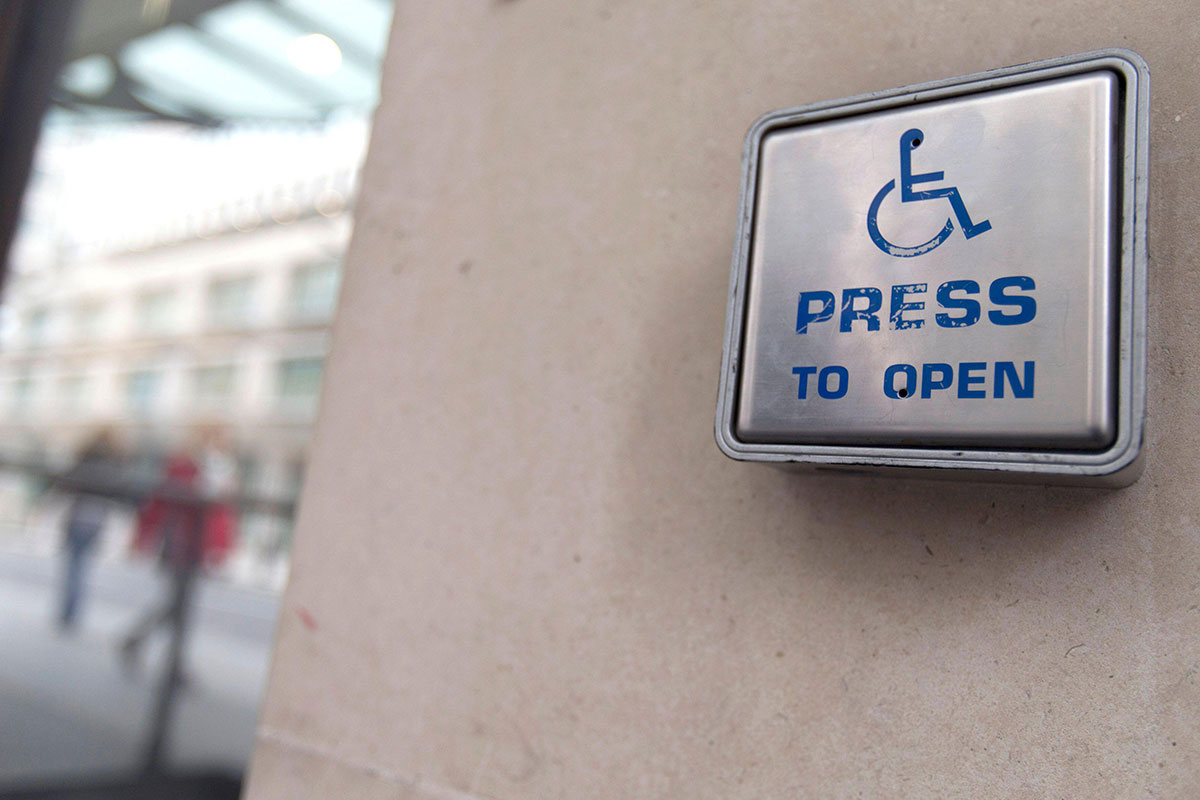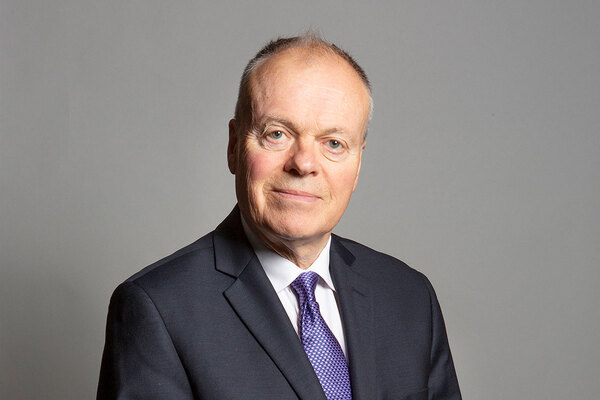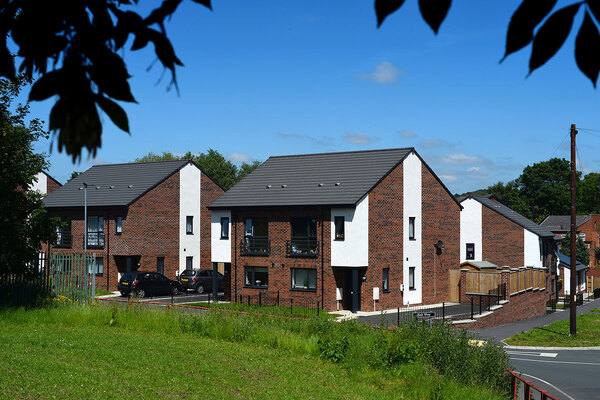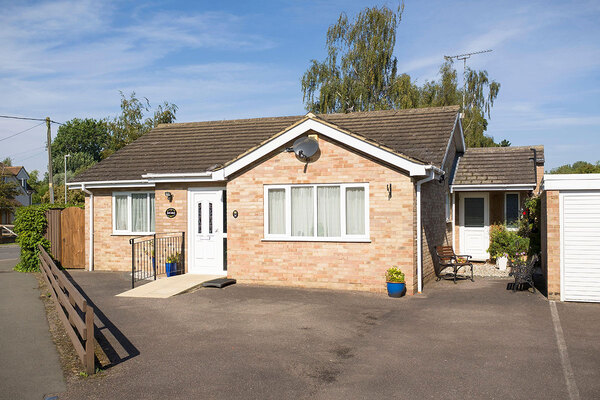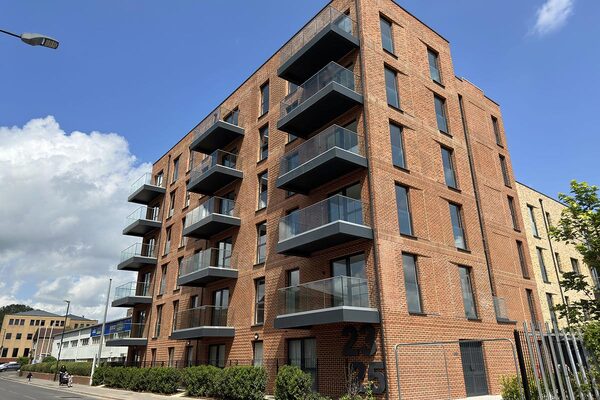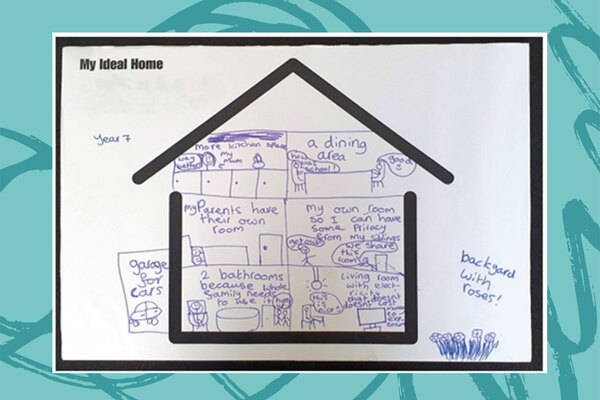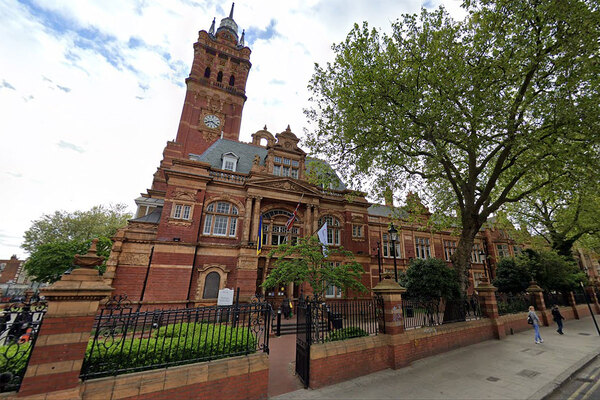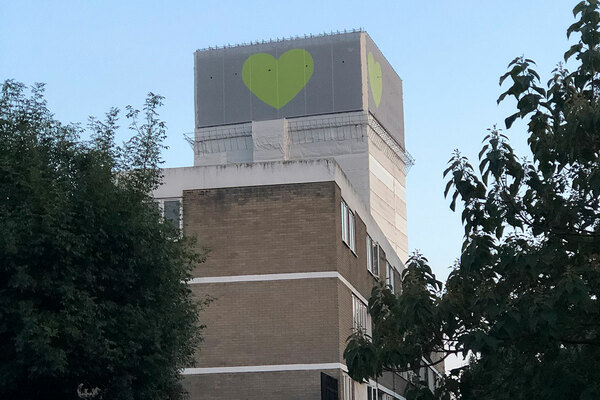You are viewing 1 of your 1 free articles
Three-quarters of London councils have no plans for affordable and accessible homes
A total of 24 out of 33 London boroughs do not have plans for homes that are affordable and accessible, according to new research.
The findings come from the Barriers at Home: housing crisis for deaf and disabled Londoners report launched by charity Inclusion London this week.
Through qualitative research and interviews with 84 disabled Londoners, researchers found that respondents consider social housing to be vital, yet three-quarters of councils in the capital have no plans for accessible homes.
There is a particularly acute need for accessible homes in the social rented sector, as 31% of disabled Londoners live in social housing and there are more than 23,000 Londoners waiting for social housing for medical or welfare reasons.
Security of tenure and the feeling of being able to live in a home long term were cited as key matters to disabled people’s overall well-being.
Inclusion London is a deaf and disabled people’s organisation (DDPO), led by and for deaf and disabled people across London. It supports more than 70 DDPOs, through which it reaches more than 70,000 disabled Londoners.
Its latest report looked to highlight what is described as the “painful experiences” of deaf and disabled Londoners living in insecure, inaccessible and unaffordable homes. It urged local and national decision-makers to work together to build and acquire more accessible social rent homes.
Disabled Londoners living in the private rented sector who spoke to researchers were particularly dissatisfied with their tenure due to unregulated rents and high risk of eviction.
One respondent said: “I just want to have an accessible home and an accessible environment. You know, my body is wearing out quicker than most people’s. And it’s wearing out even quicker having to interact with environments that don’t suit me.”
Another asked: “How do you try and work on your health when you can’t even get your housing situation right?”
A 2023 report by the cross-party Levelling Up, Housing and Communities Select Committee (now the Housing, Communities and Local Government Committee) on disabled people in the housing sector concluded that they “undeniably encounter unnecessary and severe barriers to accessing suitable housing in England”.
Other findings in the latest survey included that one in four who had access requirements for their home cannot safely and easily use basic facilities such as kitchens, bathrooms and entry ways.
Of those, one in three with mobility impairments do not have level access to their home.
Only 3% of existing homes in London are visitable for a disabled person with mobility impairment, compared with 9% across England.
Nearly two in three respondents said they made cutbacks to afford housing. One in three had cut back on food and/or other essentials, and one in three cut back on gas and electricity.
Accessibility barriers are not limited to physical layout and level access. Lighting, noise, thermal control and access to facilities and services outside the home are all equally important.
Inclusion London believes that planning systems and funding for housebuilding do not support the development of the accessible and affordable homes that are needed, and that accessibility standards are routinely not met.
Plus, compliance has fallen dramatically over the past seven years. Compared with 2018, twice fewer adaptable and accessible homes are being built.
Local authorities do not know what accessible housing stock they have. They also do not have good evidence of existing and future needs for accessible homes. Only two London boroughs were able to provide a full breakdown of accessibility in their new build homes.
Tracey Lazard, chief executive of Inclusion London, said: “Our research reveals a shocking shortage of accessible homes across all tenures in London, but it is particularly acute in the social rented sector.
“Accessible and affordable homes are the basis of a decent life, yet many thousands of deaf and disabled Londoners are being denied this human right. There is no time to waste, we need politicians and decision-makers at all levels to act urgently to ensure the housing market meets the needs of 1.6 million deaf and disabled Londoners.”
Inclusion London is calling for local councils, the Greater London Authority (GLA) and the national government to work together to make accessible housing a priority and increase the supply of genuinely affordable, accessible homes.
A London Councils spokesperson said: “There is a desperate need for more housing in the capital, especially affordable and social housing. Boroughs want to deliver more accessible homes, but are grappling with enormous resource constraints such as the £700m blackhole in their Housing Revenue Accounts.
“We are working with the government to address these challenges and secure the boost to housing delivery – including of affordable and accessible homes – that we all want to see.”
The GLA said landlords should always ensure the homes they rent are fit for purpose, and the law requires them to make some reasonable adjustments when asked so they adequately meet the needs of tenants with disabilities.
A spokesperson for the mayor of London said: “The mayor is committed to meeting London’s diverse housing needs and has allocated more than £100m in funding to deliver well-designed, supported housing to enable disabled Londoners to live independently and access appropriate care.
“The mayor also requires a minimum percentage of accessible and adaptable units in all new housing developments funded by his Affordable Homes Programme, helping to build a fairer and better London for everyone.”
Inclusion London’s report echoes a similar call by one housing association last year. Habinteg highlighted the costs faced by people needing to make adaptations to their homes, as it renewed calls for the government to adopt an accessibility standard for all new homes in England.
In response, the government said it “will set out policies on accessible housing in due course”.
Sign up for our care and support newsletter
Already have an account? Click here to manage your newsletters
